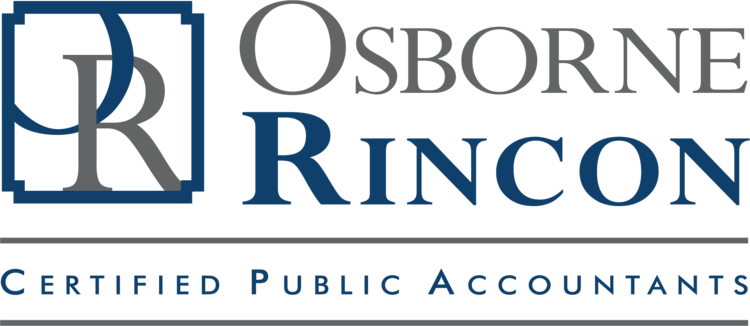By: Gene A. Snook, CPA
As a result of the Affordable Care Act, almost all trusts with net taxable income in excess of $12,300 are realizing an additional 3.8% Net Investment Income Tax (NII Tax) on Net Investment Income (NII) retained by the trust. Common types of Income subject to the NII Tax include capital gain, interest, and dividend income. In addition, trust income in excess of $12,300 is subject to income tax at a staggering rate of 39.6%. The consequences of retaining income in a trust rather than distributing the income to beneficiaries could be costing you thousands in unnecessary tax liabilities.
A trust which requires all income to be distributed annually, known as a Simple Trust, is not generally subject to the NII Tax on interest and dividend income since such income is deemed to be distributed to the beneficiaries, whether or not actual distributions are made. In contrast, capital gain is generally required to be retained by the trust and would be subject to the NII Tax.
A trust that is not a Simple Trust, known as a Complex Trust, may or may not require that income is to be distributed annually. Such a trust would be exempt from the NII Tax only to the extent of income required to be distributed annually, if any, and distributions that are actually made to the beneficiaries. Planning for discretionary distributions therefore is absolutely essential if you want to minimize the NII Tax and increase your return on investment.
It is important to remember that the 39.6 tax bracket for a trust begins at the very low threshold of $12,300. A married beneficiary by contrast would not reach the 39.6 tax bracket until their taxable income exceeds $464,850, and would not be subject to the NII Tax unless their modified adjusted gross income exceeds $250,000. If no distributions have been made by December 31, 2015, an option is still available to designate distributions made during the first 65 days of 2016 as if they were made in 2015.
Please note that a careful analysis of the trust agreement is necessary to ensure the trustee has the ability to make discretionary distributions to shift income from the trust to the beneficiaries. If you are currently paying too much taxes on trust income and would like to explore potential tax saving opportunities available to you, please contact Gene A. Snook, CPA at 760-770-9805.
